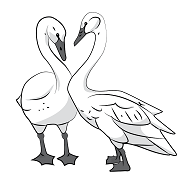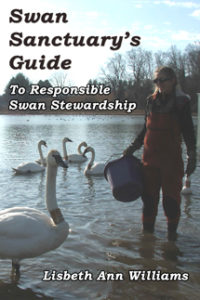Why and who came up with the idea that humans need to eat three meals a day? Our bodies are easily trained to expect food at certain times when we fall into a routine of feeding them; but eating only when we are actually hungry has been wisely suggested. People eat for numerous reasons other than actual hunger. They eat out of habit. They eat to assuage loneliness. They eat because they are bored. Sometimes they eat because of nervousness. Very obese people eat automatically, often without even realizing they are doing it.
With so many non-foods available, people not only eat more than necessary – they eat junk foods filled with calories that have almost no nutritional value. They tax their bodies with added flavors, colors, sugars, fats, preservatives, and other non-pronounceable chemicals. In most cases, it would be more beneficial to not eat at all, than to eat those products parading as food.
I have given a lot of thought to the consumption of food in recent weeks because of a 750 pound man who was living in the motel where I am working. It took five or six men to carry him into the building because he was unable to get up or walk. He sat and slept in a chair 24/7. His wife, also obese, zipped around the motel in her electric wheel chair, toothless and always chewing whatever she had just popped into her mouth. She was missing a leg, presumably from diabetes.
I had tried fasting several years ago, but not very successfully. I am revisiting this concept, though, because I firmly believe that it may be the key to maintaining health. I also believe that it can be beneficial in helping a body to heal from sickness and from injury. In fact, humans are the only animals that do not employ this method of healing. Injured or sick animals forego food and water for days or weeks in order to allow their bodies to focus on repair. Plants too, regularly enter into a dormant state in order to rest from the taxing work of growing, producing flowers, and setting seed. Our digestive systems need regular rest from their job of digesting the food we put in them. At the very least, we should be giving our bodies a ten to twelve hour fast every day between dinner and breakfast. This is after all, why it is called breakfast.
Contrary to what we have been told, we will not starve if we do not eat for a period of time. When undergoing a fast, it is important to drink a lot of water and to reduce physical activity. The benefits far outweigh the initial discomfort and our bodies will thank us by rewarding us with improved health.



